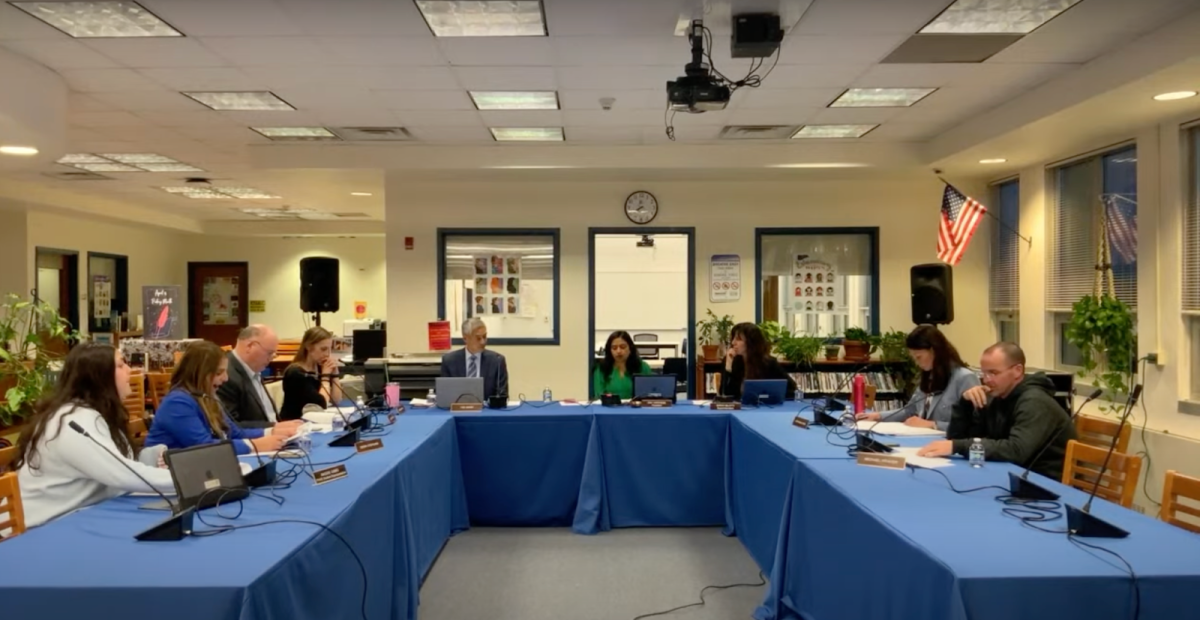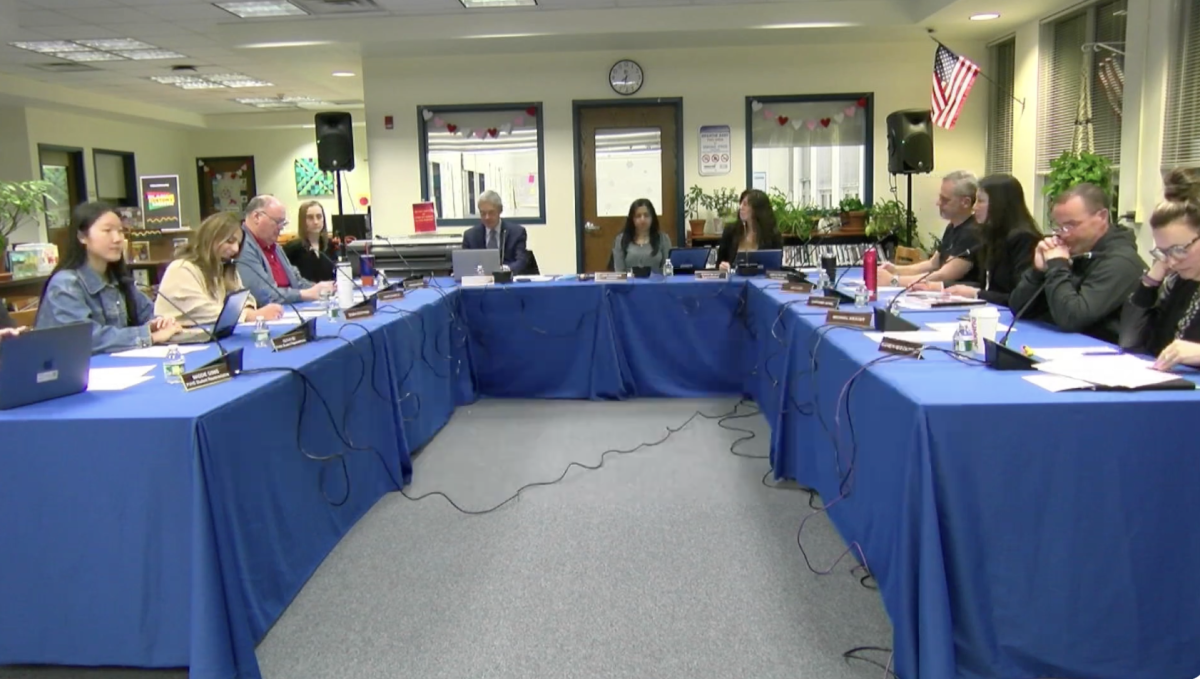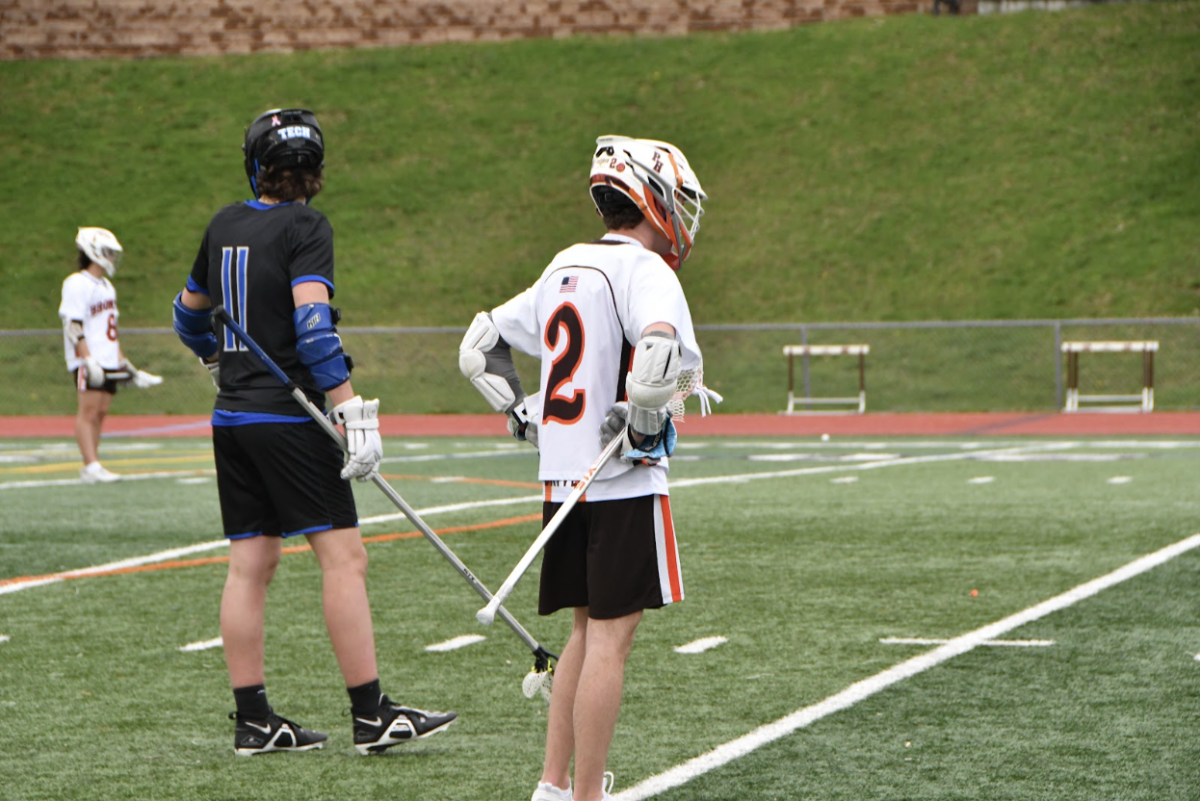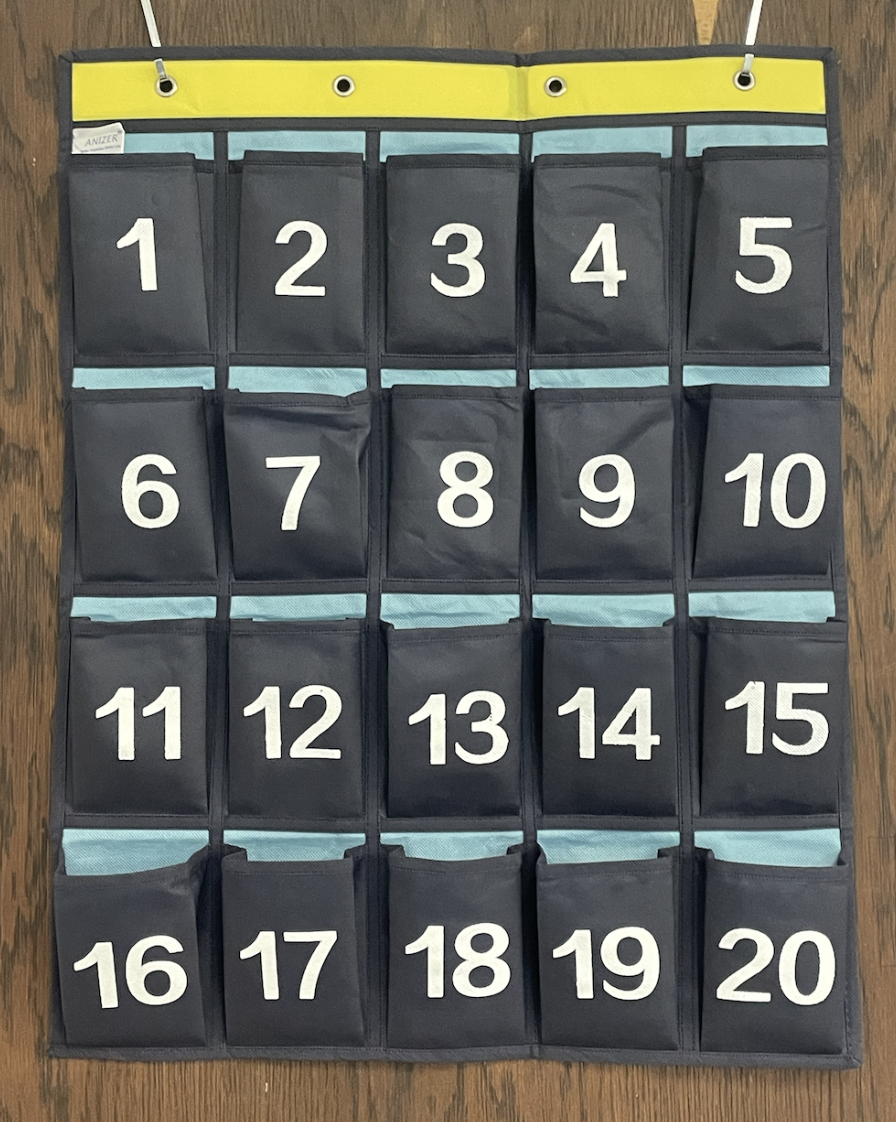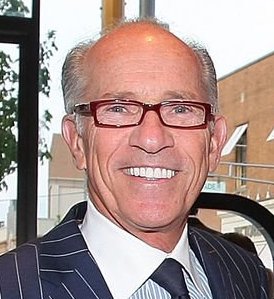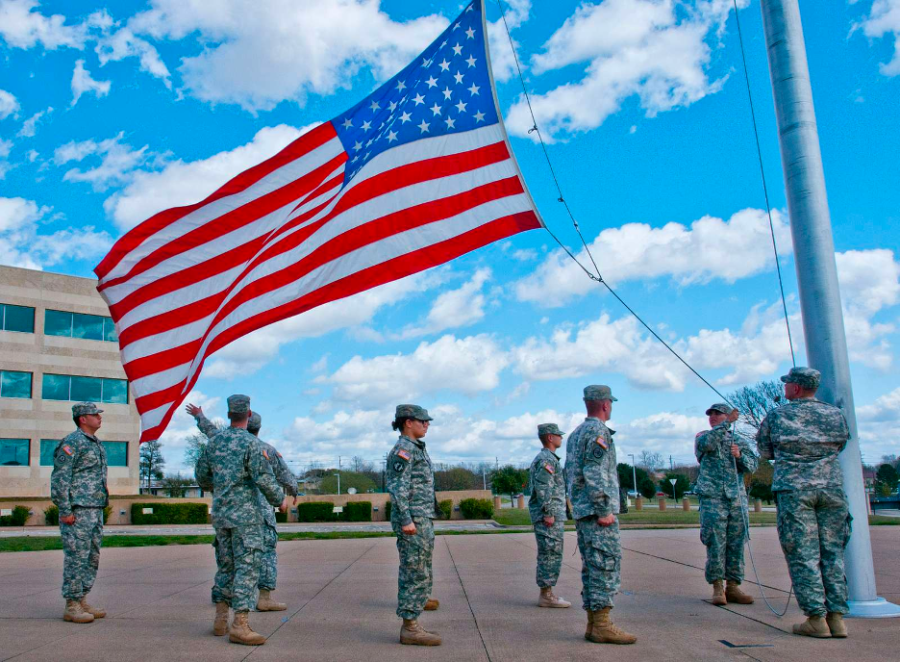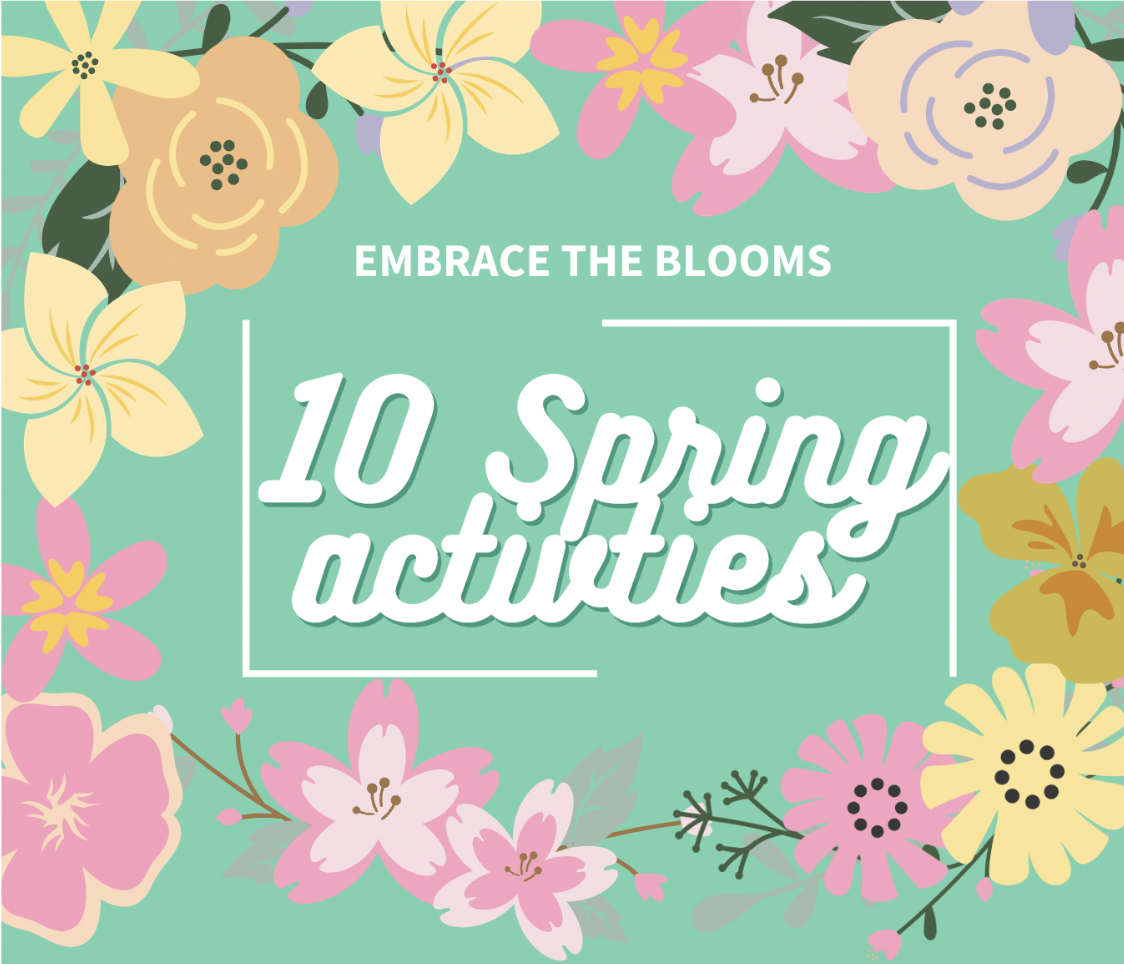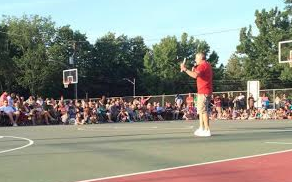
Editor’s Note: Allison Murphy has worked at Montvale Recreation Camp, a local day camp, during the month of July for one year. As a counselor, Allison has learned how to interact with the campers as well as how to make their camp experience memorable. The following are seven tips that Allison has recognized into what she believes will help someone become an exceptional camp counselor.
If you are like a majority of my fellow classmates in the Cowboys hallways, you are probably spending a large portion of your summer at a camp either as a camper or working as a counselor. If you are one of those that fall into the latter, there are a few things that could help you as you strive to give your campers a memorable camp experience:
- Learn your campers’ names: This is a simple thing that will be sure to make your campers smile within the first few days of camp. Getting to know your camper allows him or her to become comfortable around you, and they will gain the respect that you should have as an authority.
- Allow yourself to not become so rigid: It’s summer and the children probably do not desire to feel as though they are sitting in a classroom being reprimanded by their teachers! Becoming relaxed with certain situations (but not becoming so relaxed that you lose authority) will also help your campers feel more comfortable with you.
- Don’t allow for yourself to lose authority: Becoming friendly with the campers is definitely positive, but if you become so friendly with them that they see you as a part of a group of their best friends, you lose your sense of authority and you do not receive the amount of respect that you should. There has to be a point where you genuinely have fun with your campers but you also keep your authority recognizable so that the children are aware; this is a balance.
- Monkey see monkey do: Believe it or not, your campers learn from your actions and your words. This means that it would not be the best idea to use inappropriate language amongst other counselors, and it is not okay for you to tell the campers to do one thing while you go against it by doing another (for example: telling your campers to stay on the sidewalk and not step into the road while you stand on the outside of the group in the street. This can be seen as trying to do the right thing because you are putting your kids before yourself, but you might also lose your respect and authority because you are not doing the same thing that they were told to do).
- Be creative: Your campers are not expecting you to pull a carnival out of a magical bag, but I believe they would not mind having something different and interesting to do everyday. Whether it is bringing in your old string-bracelet-making kit from when you were in that camp and remembering when a counselor was kind enough to take the time to teach you or teaching them how to play one of those hand games that you learned at their age (for example: Concentration 64), bringing something new and exciting for the children to tackle during the day will keep their energy high and their attitudes positive.
- Get off of those cell phones: Your campers did not sign up to spend a majority of the camp day sitting in the shade staring at their phones. They also did not sign up to watch their counselors look at their phones as they participate in the camp activities. Becoming involved with your campers creates a trust that can seem unbreakable to your campers. Putting away any and every electronic device will allow for that bond to be created.
- Be positive: If there was only one thing that you could take away from this article and keep in your mind and your heart, it would be this: as a camp counselor, you do not know what happens outside of those few hours you see your campers in a day (if it is a day camp). That camper may be struggling with some sort of issue at home whether it might be within their family’s dynamic or within themselves. You cannot expect to learn every detail of each camper due to the fact that it is not your job to do so and the campers may not be comfortable sharing everything about themselves. You can resolve most situations that happen within the camp by teaching the children to be respectful of one another and their authorities as well as treating others as they want to be treated, but you are not with them once they leave the campsite. Make sure that you treat those few hours that you are with those campers are if they are the best hours of their day because they might be. For all you know, those hours that they spend in that month of summer camp with you as their counselor could be the best moments of their summer, their year, or their childhood. You are a role model, therefore you must be prepared to take on that challenge.


